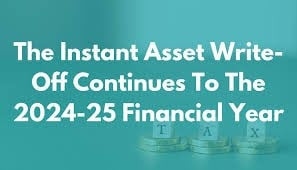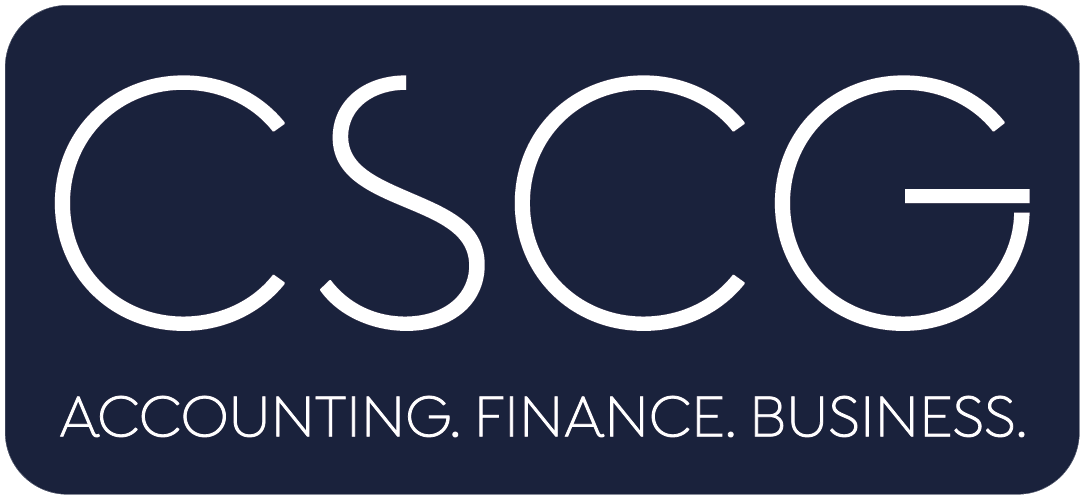Insights & Resources
Practice Update - June 2025
'Wild' tax deduction attempts
The ATO recently revealed some of the 'wild' work related expense tax claims people have tried to "put past" the ATO, including the following:
- A mechanic tried to claim an air fryer, microwave, two vacuum cleaners, a TV, gaming console and gaming accessories as work-related. The claim was denied as these expenses are personal in nature.
- A truck driver tried to claim swimwear because it was hot when they stopped in transit and they wanted to go for a swim. The claim was denied as these expenses are personal in nature.
- A manager in the fashion industry tried to claim well over $10,000 in luxury-branded clothing and accessories to be well presented at work, and to attend events, dinners and functions. The clothing was all conventional in nature and was not allowed.
This tax time. the ATO will be focused on areas where it sees frequent errors, including work-related expenses, working from home deductions, and in respect to multiple income sources.
Getting ready for business
|
| |
Taxi service and ride-sourcing providers must be registered
Taxpayers that provide taxi, limousine or ride-sourcing services must register for GST regardless of their turnover.
They must collect and pay GST and income tax on all their rides and all other business income.
The ATO is advising drivers in this industry who do not have a TFN, ABN or GST registration that they need to register now, and collect, report and pay GST on all their future rides.
They also need to report all their income from their rides in their next tax return.
Penalties and interest may apply for drivers who do not register for GST.
Drivers who have not declared all their income for ride-sourcing in prior years can amend a previous tax return.
Partial release from tax debt on serious hardship grounds
In a recent decision, the Administrative Review Tribunal ('ART') held that a taxpayer should be released from payment of part of his tax debt on the grounds of serious hardship.
As at the 2022 income year, the taxpayer had an accumulated tax debt of approximately $528,000, comprising income tax, late lodgment penalties, PAYG instalments, and the general interest charge on the PAYG and unpaid income tax.
Much of the taxpayer's tax debt had arisen as a result of the taxpayer deriving income protection insurance payments from his insurer (which were assessable). These payments had been made since around 2002, and arose from a serious injury the taxpayer had suffered in a fire at his restaurant business.
The ART noted that there were a number of factors which weighed against the taxpayer, including his failure to make payments to meet the tax debt and his 'extremely poor' tax compliance history.
However, the ART decided that some relief was justified, given the extent of hardship, concerns about the taxpayer's health, and recoverability time for the tax debt.
The ART accordingly reduced the total tax debt (including penalties) to $250,000.
$20,000 instant asset write-off for 2024/25
Taxpayers who have purchased or are purchasing a business asset this financial year should remember that the instant asset write-off limit is $20,000 for the 2025 income year.
If a taxpayer's business has an aggregated annual turnover of less than $10 million and they use the simplified depreciation rules, they may be able to use the instant asset write-off to immediately deduct the business part of the cost of eligible assets, as follows.
- The full cost of eligible depreciating assets costing less than $20,000 that are first used or installed ready for use for a taxable purpose between 1 July 2024 and 30 June 2025.
- New and second-hand assets can qualify, although some exclusions and limits apply.
- If the taxpayer claimed an immediate deduction for an asset's cost under the simplified depreciation rules in an earlier income year, they can also immediately claim a deduction the first time they incur a cost to make an improvement to that asset if it is incurred between 1 July 2024 and 30 June 2025 and less than $20,000.
- The $20,000 limit applies on a per-asset basis, so taxpayers can instantly write off multiple assets as long as the cost of each asset is less than the limit.
The usual rules for claiming deductions still apply. Taxpayers can only claim the business part of the expense, and they must have records to prove it.
Beware websites sharing fake news on super preservation age
The ATO is warning the community about a "proliferation of dodgy websites sharing fake news about changes to the superannuation preservation rules and withdrawal rules starting on 1 June."
ATO Deputy Commissioner Emma Rosenzweig confirmed the maximum preservation age (the age when an individual can access their superannuation savings on retirement) is 60 for anyone born from 1 July 1964.
When you subscribe to the blog, we will send you an e-mail when there are new updates on the site so you wouldn't miss them.




